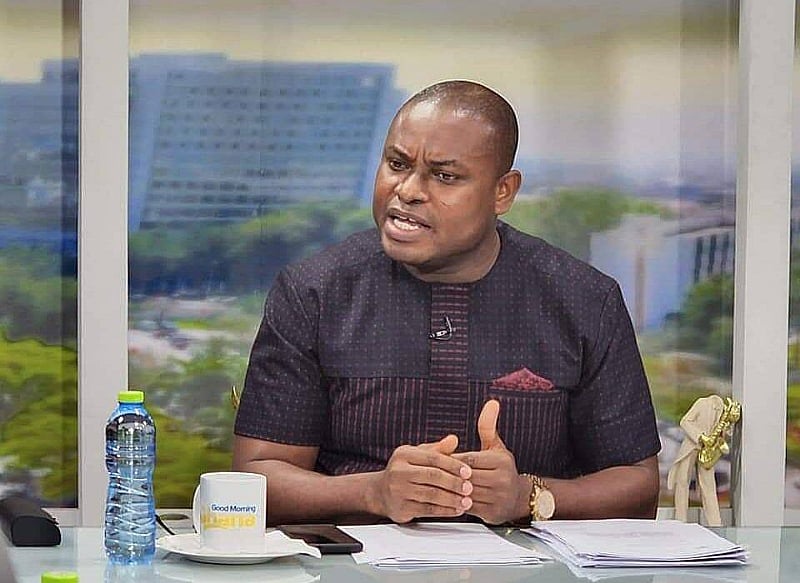The recent announcement by Ghana’s Public Utilities Regulatory Commission (PURC) of impending increases in electricity and water tariffs has sparked a political debate, with the ruling National Democratic Congress (NDC) and the opposition New Patriotic Party (NPP) trading accusations over responsibility for the price hikes. The PURC justified the increases, citing factors such as exchange rate fluctuations, inflation, the composition of electricity generation sources, and the escalating cost of fuel, particularly natural gas. These factors have combined to create pressure on the utilities, necessitating tariff adjustments to ensure their financial viability and continued service provision.
Richard Ahiagbah, the NPP’s National Communications Director, has vehemently refuted suggestions that the previous NPP administration is to blame for the current tariff increases. He argues that the NDC has a history of imposing substantial tariff hikes during their own time in power. Ahiagbah points to a cumulative increase of 294.5% in electricity tariffs between 2009 and 2016, a period when the NDC held the reins of government. He questions the NDC’s logic in attempting to shift blame to the NPP, highlighting the significant increases implemented during their own tenure.
Ahiagbah’s argument centers on the historical context of tariff adjustments, emphasizing the NDC’s track record of substantial increases. He posits that the current increases are a continuation of a trend established during the NDC’s previous administration, driven by similar economic pressures. By highlighting the magnitude of the tariff hikes implemented between 2009 and 2016, Ahiagbah seeks to demonstrate the NDC’s own contribution to the current situation and counter their attempts to blame the NPP.
Furthermore, Ahiagbah accuses the NDC of a pattern of imposing tariff increases without implementing adequate measures to mitigate the impact on ordinary Ghanaians. He criticizes the NDC for what he perceives as insensitivity to the struggles of the populace and for failing to fulfill their campaign promises of reducing the cost of living. Ahiagbah contends that the NDC’s actions have exacerbated the economic challenges faced by Ghanaians, contrary to their pre-election pledges.
The debate underscores the politically charged nature of utility price adjustments, particularly in a context of economic hardship. Both parties are attempting to position themselves as advocates for the public while deflecting blame for the unpopular increases. The NDC’s efforts to attribute the current situation to the previous NPP administration are countered by Ahiagbah’s highlighting of their own history of substantial tariff increases.
This exchange reveals the complex interplay of economic realities and political maneuvering. The underlying factors driving the tariff hikes, such as exchange rate volatility and rising fuel costs, are often overshadowed by the partisan blame game. As both parties seek to gain political advantage, the focus shifts away from addressing the root causes of the problem and finding sustainable solutions to mitigate the impact on consumers. The debate ultimately reflects the broader challenges of managing economic pressures while balancing the needs of various stakeholders in a politically charged environment.














